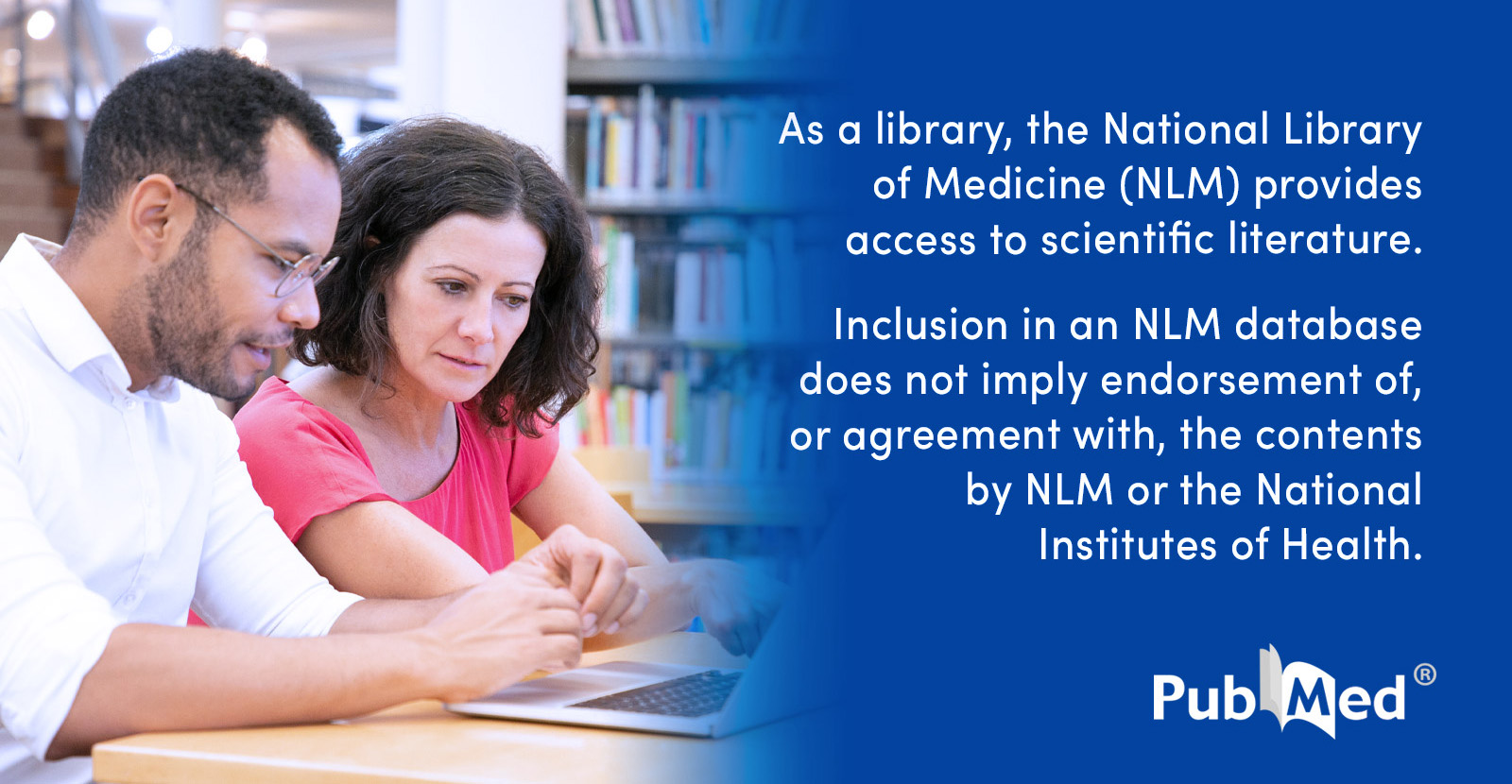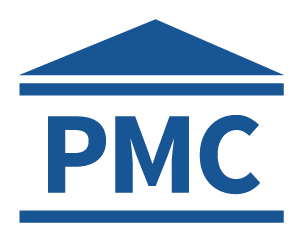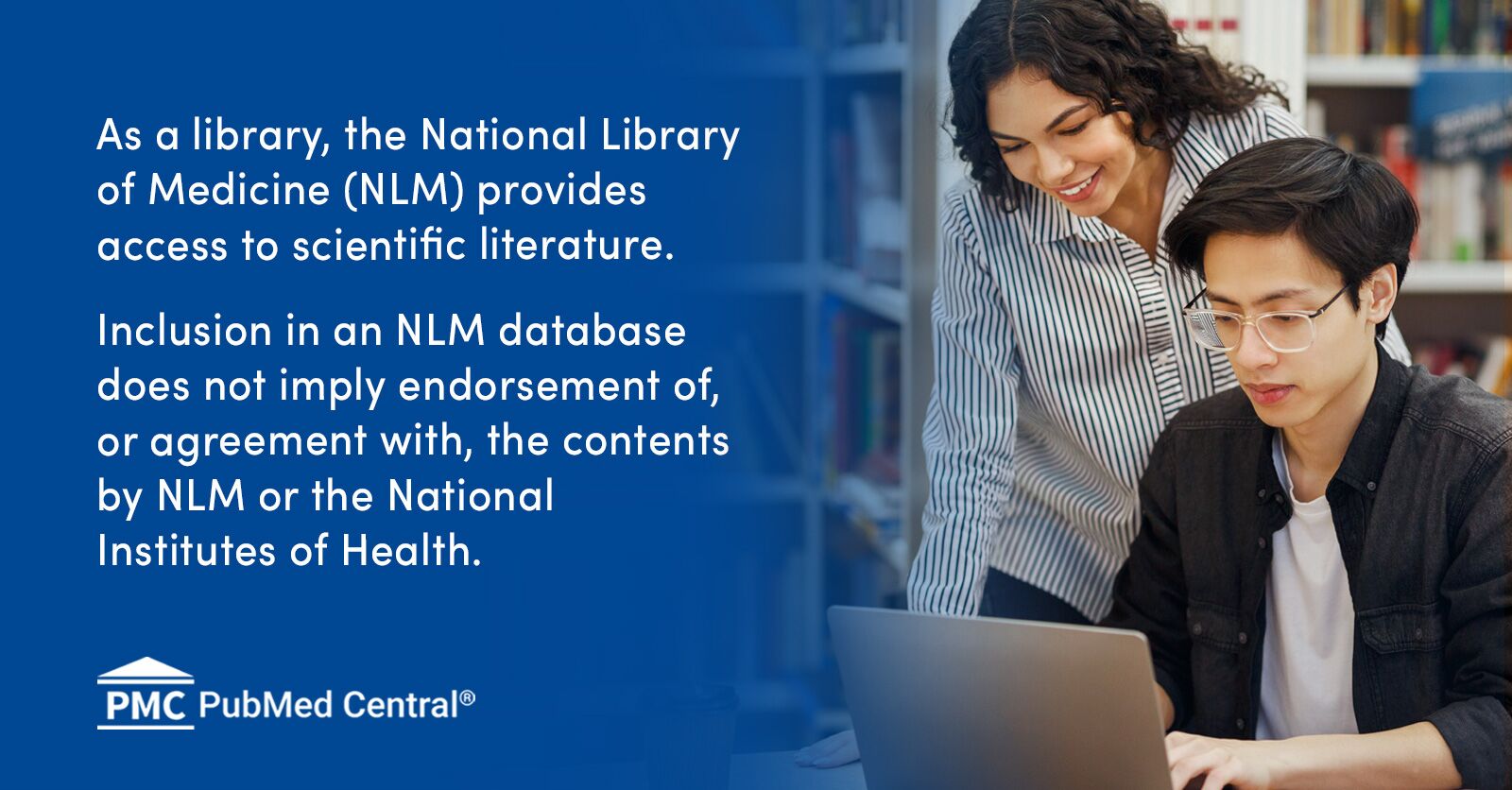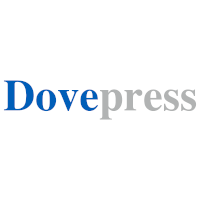S
shoggothface
Iron
- Joined
- Sep 3, 2023
- Posts
- 12
- Reputation
- 10
We all know Accutane is the miracle drug for acne, everything else is cope. But will it make you a manlet? I did some research.
TLDR: Accutane probably does not stunt growth at low to moderate doses, and a good balance may be take Accutane at low doses, couple it with other treatments, and supplement with hgh to mitigate its growth stunting effects.
Starting at 16, I would dose 10mg/kg/day for a short treatment period of about 1 months, then swap to 5mg/kg/day for the next 5 months, then maybe 5mg/kg/day for 5 days a week for 3 more, then 5mg/kg/day for 3 days a week for 3 more months, over the year. Then I would probably take a maintenance dose of 5-10mg a week until age 21.
I would continue 5-10mg a week perpetually after 21 to improve complexion and for anti aging.
Evidence for Accutane affecting growth through influencing hormonal profiles
From Potential Effects of Oral Isotretinoin on Growth Plate and Height (2023) : https://www.mdpi.com/2673-396X/4/2/23
Premature epiphyseal closure has been reported in patients with neuroblastoma treated with high doses of isotretinoin (accutane) as well as in patients with acne receiving lower doses ... it has been suggested that isotretinoin may have a negative impact on the GH-IGF-I axis, leading to a reduction in IGF-I and IGFBP3 serum levels.

Therapy with oral isotretinoin may interfere with GH physiology, but the data are scarce. Oral isotretinoin increases p53, which reduces androgen receptors and IGF-IR and increases IGF-binding protein 3 (IGFBP3). GH and IGF-I stimulate cell proliferation and inhibit apoptosis, while IGFBP3 is antiproliferative (stop cell growth) and proapoptotic (kills cells).
Some studies:
[Supportive of conclusion that Accutane can stunt growth through implication on certain pathways]
Karadag et al. studied the effect of isotretinoin on the GH-IGF-I axis in 47 patients (15–40 years) with acne. At 0.5–0.75 mg/kg/day, then adjusted to 0.88 mg/kg/day (might be typo) as a maintenance dosage after 1 month. After 3 months of treatment, the IGF-I and IGFBP3 levels significantly decreased, while the mean basal GH levels did not change
In another study including 105 patients with acne (14–42 years), the participants were divided into three groups based on the isotretinoin dose: 0.5–1.0 mg/kg/day (high dose—group 1), 0.2–0.5 mg/kg/day (low dose—group 2), and an intermittent 0.5–1.0 mg/kg/day only one week per month (intermittent dose—group 3). After 3 months of therapy, the isotretinoin significantly reduced the IGF-I and random GH levels in groups 1 and 2, and these effects were more pronounced in the high-dose group. The IGFBP3 levels were significantly reduced in all three groups, and the weakest effect was seen in the intermittent-dose group. The total testosterone and cortisol levels decreased.
[Not spportive of conclusion that Accutane can stunt growth through implication on certain pathways]
Rodighiero et al. did not show a significant reduction in the IGF-I levels in a group of 10 patients (14–30 years) with severe acne treated with progressive doses of oral isotretinoin up to a cumulative dose of 120 mg/kg after 3 months. In this study, the other 36 patients with acne vulgaris received other therapies following the European Dermatology Forum guidelines, and in the whole group, the IGF-I levels were higher in the patients than in the controls but with no significant variation after treatment (as far as I understand, what's going on is there are 46 acne patients, 10 got accutane, 36 got something else, and overall, they had higher growth hormone levels than a control group of same age, healthy people)
My thoughts:
- There is some support for Accutane stunting growth by reducing GH, reducing receptors (IGF-IR), reducing IGF-I and increasing IGFPB3
- The results seem to be dose dependent, and the threshold appears to be 0.2-0.5mg/kg/day being a point where you see a reduction in IGF-I and GH levels
- But the results on hormones seem mixed. A study shows a high dose group at 0.5-0.75mg did not see reduction in basal GH. Another study shows that IGF-I was actually higher in a treatment group (albeit only 10)
- It is unclear what is the impact of IGFPB3 reduction as well. It seems to cause cell destruction and inhibition, which you would expect to reduce growth. At the same time, it is a stabilizer for IGF-I and is known to increase its half life.
- None of these studies show the impact of the change in this hormonal profile on height (this study can't be conducted because you can't know the counterfactual)
Evidence for Accutane causing growth plate closure
From Analysis of the effects of isotretinoin on the premature epiphyseal closure in pediatric populations: a literature review (2021): https://www.degruyter.com/document/doi/10.1515/jom-2021-0108/html?lang=en
Growth plate arrest has been reported in doses between 0.5 and 3.6 mg/kg/day for a variable course of 6 months to several years. Most cases of growth failure are reported secondary to high-dose isotretinoin use for prolonged periods and are usually seen in the treatment of neuroblastoma. In all reports of patients with a history of neuroblastoma, they underwent a series of chemotherapy and radiation therapy that may also contribute to skeletal deformities.
Between 1985 and 2021, the FDA received 41 reports worldwide of premature epiphyseal closure related to isotretinoin in patients under 18 years. In Norway, an estimated 32,085 out of 144,220 individuals (∼22%) in the age group of 14–24 years old had received a prescription of isotretinoin from 2005 to 2015 to treat acne. Additionally, cases of premature epiphyseal closure have been reported in acne patients treated with low doses of isotretinoin. One such report describes a 16-year-old male in Switzerland who plays soccer and who was on 0.5 mg/kg/day of isotretinoin therapy.
From Premature epiphyseal growth plate arrest after isotretinoin therapy for high-risk neuroblastoma: A case series and review of the literature (2020):
Among 216 patients, high-risk neuroblastoma was diagnosed before age of five years (n = 165), between ages of 5 and 10 years (n = 41), and after 10 years of age (n = 13). Three out of 216 patients developed premature epiphyseal growth arrest after isotretinoin exposure (overall incidence = 1.38%). The incidence of bony abnormalities was significantly higher in patients diagnosed in 5- to 10-year age group than in other two groups (P = 0.014). Dosage was 160mg/day for 2 weeks on, 2 weeks off, 6-8 cycles. Accutane treatment was coupled with chemotherapy and radiation therapy.
My thoughts:
- A very small percentage of growth plate closure abnormalities is reported (41 out of 32,085/144,220 x reportable population - likely in the tens of millions)
- However, the true incidence is likely much higher than reported, as most people have no reason to go take an xray. Furthermore, there will be those with affected growth plates that did not lead to full closure
- Of the 41, 19 are Neuroblastoma cases. These are likely not a good guide for normal people because 1) they take average 80mg a day for ~6-8 months 2) the mg/kg weight is insane - ~2.3mg/kg for a 10 year old, ~4.4mg/kg for a 5 year old, normal treatment dose for severe acne is 0.5-1mg/kgm 3), 3) these are kids, and the prevalence of abnormalities was much higher the younger the patient, 4) these kids were undergoing chemo and radiation, which can destroy your growth plates.
- Of the 22 acne and other causes, the minimal dose for a reported case is 0.5mg/kg/day, which happened to a football player in Switzerland, which came in to do an xray after receiving a leg injury at the age of 16. Note that 1) his growth plates may already have closed at 16, 2) the injury may have damaged his growth plates.
- Overall, severe growth plate closure seems to be a minimal risk for a normal patient, although less pronounced hindrance of growth may be underreported and occur at much higher frequencies
Summary of thoughts on whether Accutane treatment stunts growth
- It seems like Accutane does have an impact on the hormones and receptors that modulate growth. It upregualtes and downregulates 100s of different pathways. It influences acne not just through hormonal profile alterations (-growth factors that grow oil glands, -testosterone that stimulates oil glands) but also shrinks the oil glands (unsure if through the previous mechanisms or not)
- If Accutane only reduced acne by restricting the mechanisms by which puberty occurs, then it would be a terrible drug, because the cost of clear skin is being a boneless, dickless manlet
- This does not seem to be the case; 1) There are many tall chads with severe acne that cleared their skin up with high doses of Accutane; it must not completely exert its effects on the same pathway, or it only restricts them to an extent that does not hinder growth but hinders acne (likely something of both, 2) Accutane seems to reduce acne through multiple pathways, such as reducing sebum production, normalizing keratinization, anti inflammation, apoptosis of sebum, immune modulation. These can be modulated through regulation of gene expressions (not all are hormonal, although it could still affect growth), neutrophils, lymphocytes, etc.
- The evidence for severe growth restriction is simply not strong. Most accutane treatment plans are also not extremely high dose, and not for long periods of time. The impact on hormonal profiles are usually restricted to the time of treatment, and are uncertain even during the time of treatment. The only serious cases of growth restriction seem to occur in extreme cases a normal person with moderate to severe acne would never see.
How I would use Accutane, if I was 16 again
- Accutane's impact on growth profile is dose dependent. Not to overfit to one study, but 0.5–1.0 mg/kg/day only one week per month (0.125-0.25mg/kg/day) for 3 months presented no clinically significant difference in IGF-I and random GH vs controls (but still had reduced IGFPB3).
- Accutane's impact on growth hormone profile seems to be restricted to time of treatment. All hormone profiles normalised after treatment ended, in the studies I looked at.
(some reference studies)

 pubmed.ncbi.nlm.nih.gov
pubmed.ncbi.nlm.nih.gov

 www.ncbi.nlm.nih.gov
www.ncbi.nlm.nih.gov

 pubmed.ncbi.nlm.nih.gov
- Accutane sides are dose dependent. 0.25mg/kg/day is low dose, 0.5mg/kg/day is conventional, 60 patients, 6 months. Left side has less sides.
pubmed.ncbi.nlm.nih.gov
- Accutane sides are dose dependent. 0.25mg/kg/day is low dose, 0.5mg/kg/day is conventional, 60 patients, 6 months. Left side has less sides.

- Accutane sides are not very serious at low dosages at all. 150 patients were given 10 mg daily isotretinoin until a cumulative dose of 90-110 mg/kg in Malaysia, mean age 26.6, had minimal sides, with mild transient elevation of liver enzymes was detected in 3.3% and a slight increase of serum lipid in 2.7% with no treatment discontinuation. 5mg/day for low-grade adult acne had minimal side effects.
- Accutane is very effective at low doses. For 60 male and female patients over 6 month treatment period, average severity of acne measured at 6 months (end of 6 month treatment) and 12 months (6 months after end of treatment) were no different between 0.5mg/kg/day and 0.25mg/kg/day. For 150 patients with moderate to severe acne, mean age 26.6, all 150 patients had total clearance with a mean time to clearance of 24.0 weeks, being longer for severe vs moderate acne. For low grade adult acne, lesion count went from 11.3 ± 8.1 at week 0 to 1.3 ± 3.1 at week 32 at 5mg/kg/day.
- While I am unsure of the impact on teenagers, for adult acne, even 5mg/day (0.0625mg/kg/day) reduces lesion count by 88.5% by week 32. As a teenager, if I wanted to be absolutely safe about not stunting growth, I would dose 10mg/kg/day for a short treatment period of about 1 months, then swap to 5mg/kg/day for the next 5 months, then maybe 5mg/kg/day for 5 days a week for 3 more, then 5mg/kg/day for 3 days a week for 3 more months, over the year. Then I would probably take a maintenance dose of 5-10mg a week until age 21. This should be able to arrest most to all of the acne (it's fine to not address it completely, even a 80% reduction of acne with almost no risk of growth stunting or testosterone stunting is lifefuel and would greatly reduce scarring).
- I would stack other acne treatments with less sides during puberty, such as antibiotics, good skincare, topical tretinoin, spino, whatever
- I could potentially take test/dht/hgh for pubertymaxing, but in that case, I would slightly raise my dosage, possibly longer terms at 10mg/kg/day.
- After puberty, I would maintain Accutane at 5-10mg a week perpetually. Accutane is very drying, so you have to moisturize, but it is actually anti aging (read studies below for collagen and elastin effects) and makes your skin look much better by reducing pores and oiliness.

 www.ncbi.nlm.nih.gov
www.ncbi.nlm.nih.gov

 pubmed.ncbi.nlm.nih.gov
pubmed.ncbi.nlm.nih.gov

 www.dovepress.com
www.dovepress.com
TLDR: Accutane probably does not stunt growth at low to moderate doses, and a good balance may be take Accutane at low doses, couple it with other treatments, and supplement with hgh to mitigate its growth stunting effects.
Starting at 16, I would dose 10mg/kg/day for a short treatment period of about 1 months, then swap to 5mg/kg/day for the next 5 months, then maybe 5mg/kg/day for 5 days a week for 3 more, then 5mg/kg/day for 3 days a week for 3 more months, over the year. Then I would probably take a maintenance dose of 5-10mg a week until age 21.
I would continue 5-10mg a week perpetually after 21 to improve complexion and for anti aging.
Evidence for Accutane affecting growth through influencing hormonal profiles
From Potential Effects of Oral Isotretinoin on Growth Plate and Height (2023) : https://www.mdpi.com/2673-396X/4/2/23
Premature epiphyseal closure has been reported in patients with neuroblastoma treated with high doses of isotretinoin (accutane) as well as in patients with acne receiving lower doses ... it has been suggested that isotretinoin may have a negative impact on the GH-IGF-I axis, leading to a reduction in IGF-I and IGFBP3 serum levels.

Therapy with oral isotretinoin may interfere with GH physiology, but the data are scarce. Oral isotretinoin increases p53, which reduces androgen receptors and IGF-IR and increases IGF-binding protein 3 (IGFBP3). GH and IGF-I stimulate cell proliferation and inhibit apoptosis, while IGFBP3 is antiproliferative (stop cell growth) and proapoptotic (kills cells).
Some studies:
[Supportive of conclusion that Accutane can stunt growth through implication on certain pathways]
Karadag et al. studied the effect of isotretinoin on the GH-IGF-I axis in 47 patients (15–40 years) with acne. At 0.5–0.75 mg/kg/day, then adjusted to 0.88 mg/kg/day (might be typo) as a maintenance dosage after 1 month. After 3 months of treatment, the IGF-I and IGFBP3 levels significantly decreased, while the mean basal GH levels did not change
In another study including 105 patients with acne (14–42 years), the participants were divided into three groups based on the isotretinoin dose: 0.5–1.0 mg/kg/day (high dose—group 1), 0.2–0.5 mg/kg/day (low dose—group 2), and an intermittent 0.5–1.0 mg/kg/day only one week per month (intermittent dose—group 3). After 3 months of therapy, the isotretinoin significantly reduced the IGF-I and random GH levels in groups 1 and 2, and these effects were more pronounced in the high-dose group. The IGFBP3 levels were significantly reduced in all three groups, and the weakest effect was seen in the intermittent-dose group. The total testosterone and cortisol levels decreased.
[Not spportive of conclusion that Accutane can stunt growth through implication on certain pathways]
Rodighiero et al. did not show a significant reduction in the IGF-I levels in a group of 10 patients (14–30 years) with severe acne treated with progressive doses of oral isotretinoin up to a cumulative dose of 120 mg/kg after 3 months. In this study, the other 36 patients with acne vulgaris received other therapies following the European Dermatology Forum guidelines, and in the whole group, the IGF-I levels were higher in the patients than in the controls but with no significant variation after treatment (as far as I understand, what's going on is there are 46 acne patients, 10 got accutane, 36 got something else, and overall, they had higher growth hormone levels than a control group of same age, healthy people)
My thoughts:
- There is some support for Accutane stunting growth by reducing GH, reducing receptors (IGF-IR), reducing IGF-I and increasing IGFPB3
- The results seem to be dose dependent, and the threshold appears to be 0.2-0.5mg/kg/day being a point where you see a reduction in IGF-I and GH levels
- But the results on hormones seem mixed. A study shows a high dose group at 0.5-0.75mg did not see reduction in basal GH. Another study shows that IGF-I was actually higher in a treatment group (albeit only 10)
- It is unclear what is the impact of IGFPB3 reduction as well. It seems to cause cell destruction and inhibition, which you would expect to reduce growth. At the same time, it is a stabilizer for IGF-I and is known to increase its half life.
- None of these studies show the impact of the change in this hormonal profile on height (this study can't be conducted because you can't know the counterfactual)
Evidence for Accutane causing growth plate closure
From Analysis of the effects of isotretinoin on the premature epiphyseal closure in pediatric populations: a literature review (2021): https://www.degruyter.com/document/doi/10.1515/jom-2021-0108/html?lang=en
Growth plate arrest has been reported in doses between 0.5 and 3.6 mg/kg/day for a variable course of 6 months to several years. Most cases of growth failure are reported secondary to high-dose isotretinoin use for prolonged periods and are usually seen in the treatment of neuroblastoma. In all reports of patients with a history of neuroblastoma, they underwent a series of chemotherapy and radiation therapy that may also contribute to skeletal deformities.
Between 1985 and 2021, the FDA received 41 reports worldwide of premature epiphyseal closure related to isotretinoin in patients under 18 years. In Norway, an estimated 32,085 out of 144,220 individuals (∼22%) in the age group of 14–24 years old had received a prescription of isotretinoin from 2005 to 2015 to treat acne. Additionally, cases of premature epiphyseal closure have been reported in acne patients treated with low doses of isotretinoin. One such report describes a 16-year-old male in Switzerland who plays soccer and who was on 0.5 mg/kg/day of isotretinoin therapy.
From Premature epiphyseal growth plate arrest after isotretinoin therapy for high-risk neuroblastoma: A case series and review of the literature (2020):
Among 216 patients, high-risk neuroblastoma was diagnosed before age of five years (n = 165), between ages of 5 and 10 years (n = 41), and after 10 years of age (n = 13). Three out of 216 patients developed premature epiphyseal growth arrest after isotretinoin exposure (overall incidence = 1.38%). The incidence of bony abnormalities was significantly higher in patients diagnosed in 5- to 10-year age group than in other two groups (P = 0.014). Dosage was 160mg/day for 2 weeks on, 2 weeks off, 6-8 cycles. Accutane treatment was coupled with chemotherapy and radiation therapy.
My thoughts:
- A very small percentage of growth plate closure abnormalities is reported (41 out of 32,085/144,220 x reportable population - likely in the tens of millions)
- However, the true incidence is likely much higher than reported, as most people have no reason to go take an xray. Furthermore, there will be those with affected growth plates that did not lead to full closure
- Of the 41, 19 are Neuroblastoma cases. These are likely not a good guide for normal people because 1) they take average 80mg a day for ~6-8 months 2) the mg/kg weight is insane - ~2.3mg/kg for a 10 year old, ~4.4mg/kg for a 5 year old, normal treatment dose for severe acne is 0.5-1mg/kgm 3), 3) these are kids, and the prevalence of abnormalities was much higher the younger the patient, 4) these kids were undergoing chemo and radiation, which can destroy your growth plates.
- Of the 22 acne and other causes, the minimal dose for a reported case is 0.5mg/kg/day, which happened to a football player in Switzerland, which came in to do an xray after receiving a leg injury at the age of 16. Note that 1) his growth plates may already have closed at 16, 2) the injury may have damaged his growth plates.
- Overall, severe growth plate closure seems to be a minimal risk for a normal patient, although less pronounced hindrance of growth may be underreported and occur at much higher frequencies
Summary of thoughts on whether Accutane treatment stunts growth
- It seems like Accutane does have an impact on the hormones and receptors that modulate growth. It upregualtes and downregulates 100s of different pathways. It influences acne not just through hormonal profile alterations (-growth factors that grow oil glands, -testosterone that stimulates oil glands) but also shrinks the oil glands (unsure if through the previous mechanisms or not)
- If Accutane only reduced acne by restricting the mechanisms by which puberty occurs, then it would be a terrible drug, because the cost of clear skin is being a boneless, dickless manlet
- This does not seem to be the case; 1) There are many tall chads with severe acne that cleared their skin up with high doses of Accutane; it must not completely exert its effects on the same pathway, or it only restricts them to an extent that does not hinder growth but hinders acne (likely something of both, 2) Accutane seems to reduce acne through multiple pathways, such as reducing sebum production, normalizing keratinization, anti inflammation, apoptosis of sebum, immune modulation. These can be modulated through regulation of gene expressions (not all are hormonal, although it could still affect growth), neutrophils, lymphocytes, etc.
- The evidence for severe growth restriction is simply not strong. Most accutane treatment plans are also not extremely high dose, and not for long periods of time. The impact on hormonal profiles are usually restricted to the time of treatment, and are uncertain even during the time of treatment. The only serious cases of growth restriction seem to occur in extreme cases a normal person with moderate to severe acne would never see.
How I would use Accutane, if I was 16 again
- Accutane's impact on growth profile is dose dependent. Not to overfit to one study, but 0.5–1.0 mg/kg/day only one week per month (0.125-0.25mg/kg/day) for 3 months presented no clinically significant difference in IGF-I and random GH vs controls (but still had reduced IGFPB3).
- Accutane's impact on growth hormone profile seems to be restricted to time of treatment. All hormone profiles normalised after treatment ended, in the studies I looked at.
(some reference studies)

Isotretinoin 5 mg daily for low-grade adult acne vulgaris--a placebo-controlled, randomized double-blind study - PubMed
Isotretinoin 5 mg/day is effective in reducing the number of acne lesions, and improving patients dermatologic quality of life, with minimal adverse effects.

Comparing the Efficacy of Low Dose and Conventional Dose of Oral Isotretinoin in Treatment of Moderate and Severe Acne Vulgaris
This study was conducted to compare the effect of low-dose isotretinoin with its conventional dose in patients with moderate and severe acne.This was a clinical trial conducted on 60 male and female patients with moderate and severe acne vulgaris. The ...

Safety and efficacy of fixed-dose 10 mg daily isotretinoin treatment for acne vulgaris in Malaysia - PubMed
Fixed-dose 10 mg daily treatment with isotretinoin until a cumulative dose of 90-110 mg/kg is safe with low relapse rate.

- Accutane sides are not very serious at low dosages at all. 150 patients were given 10 mg daily isotretinoin until a cumulative dose of 90-110 mg/kg in Malaysia, mean age 26.6, had minimal sides, with mild transient elevation of liver enzymes was detected in 3.3% and a slight increase of serum lipid in 2.7% with no treatment discontinuation. 5mg/day for low-grade adult acne had minimal side effects.
- Accutane is very effective at low doses. For 60 male and female patients over 6 month treatment period, average severity of acne measured at 6 months (end of 6 month treatment) and 12 months (6 months after end of treatment) were no different between 0.5mg/kg/day and 0.25mg/kg/day. For 150 patients with moderate to severe acne, mean age 26.6, all 150 patients had total clearance with a mean time to clearance of 24.0 weeks, being longer for severe vs moderate acne. For low grade adult acne, lesion count went from 11.3 ± 8.1 at week 0 to 1.3 ± 3.1 at week 32 at 5mg/kg/day.
- While I am unsure of the impact on teenagers, for adult acne, even 5mg/day (0.0625mg/kg/day) reduces lesion count by 88.5% by week 32. As a teenager, if I wanted to be absolutely safe about not stunting growth, I would dose 10mg/kg/day for a short treatment period of about 1 months, then swap to 5mg/kg/day for the next 5 months, then maybe 5mg/kg/day for 5 days a week for 3 more, then 5mg/kg/day for 3 days a week for 3 more months, over the year. Then I would probably take a maintenance dose of 5-10mg a week until age 21. This should be able to arrest most to all of the acne (it's fine to not address it completely, even a 80% reduction of acne with almost no risk of growth stunting or testosterone stunting is lifefuel and would greatly reduce scarring).
- I would stack other acne treatments with less sides during puberty, such as antibiotics, good skincare, topical tretinoin, spino, whatever
- I could potentially take test/dht/hgh for pubertymaxing, but in that case, I would slightly raise my dosage, possibly longer terms at 10mg/kg/day.
- After puberty, I would maintain Accutane at 5-10mg a week perpetually. Accutane is very drying, so you have to moisturize, but it is actually anti aging (read studies below for collagen and elastin effects) and makes your skin look much better by reducing pores and oiliness.

Oral isotretinoin in photoaging: objective histological evidence of efficacy and durability
The off-label use of oral isotretinoin in photoaging is a therapeutic tool that has been used by dermatologists. There are few studies to corroborate its effectiveness and durability.To assess, both clinically and histologically, the changes caused by ...

Oral isotretinoin and photoaging: A review - PubMed
Oral isotretinoin may be useful for treating photoaging but there is currently insufficient evidence to support its use. In comparison with other established anti-photoaging treatments, it is not clear whether the potential benefits of oral isotretinoin outweigh the potential risks.

Oral Isotretinoin and Its Uses in Dermatology: A Review | DDDT
Oral Isotretinoin and Its Uses in Dermatology: A Review

